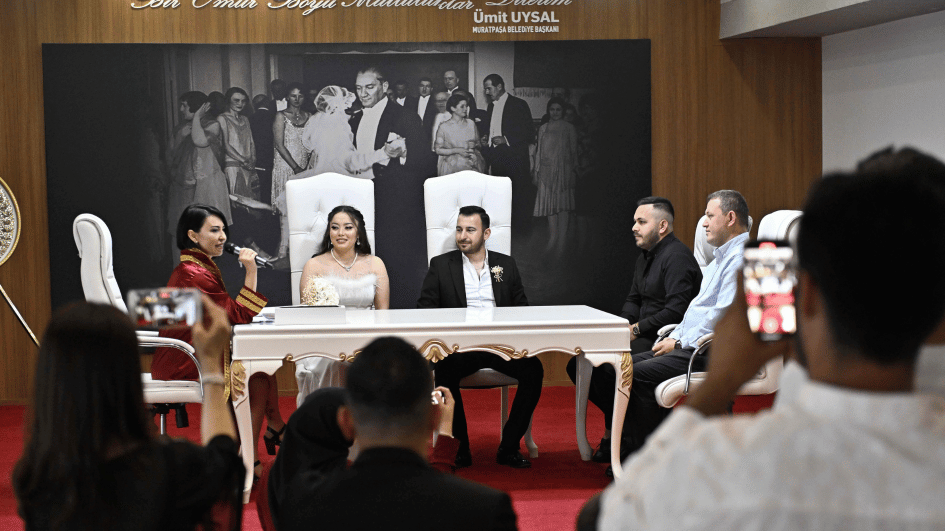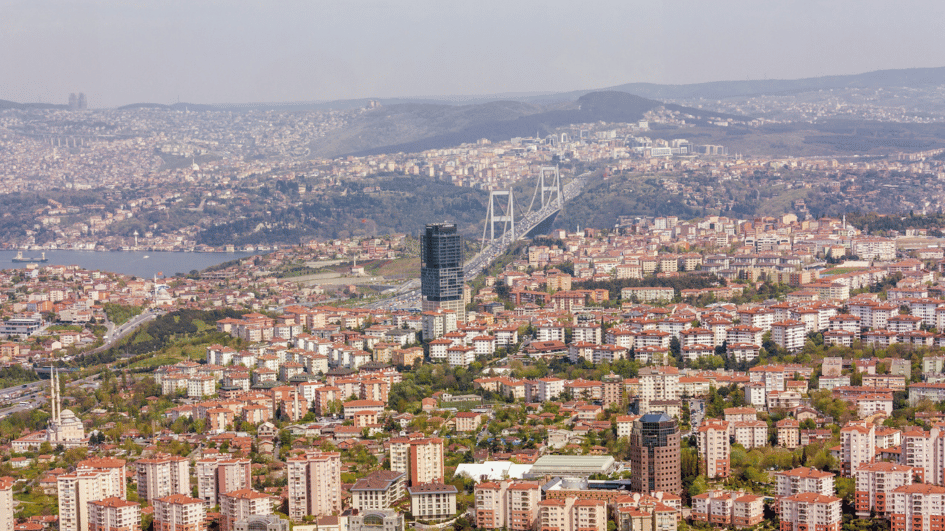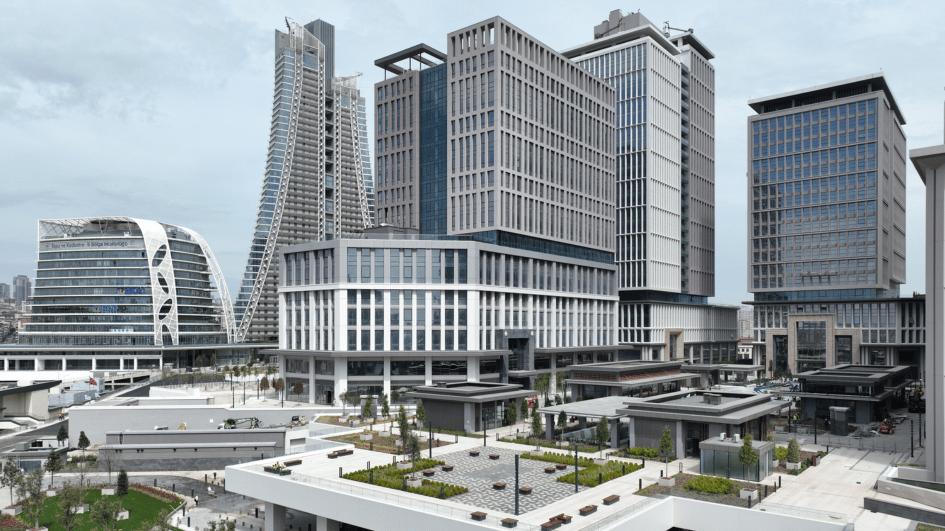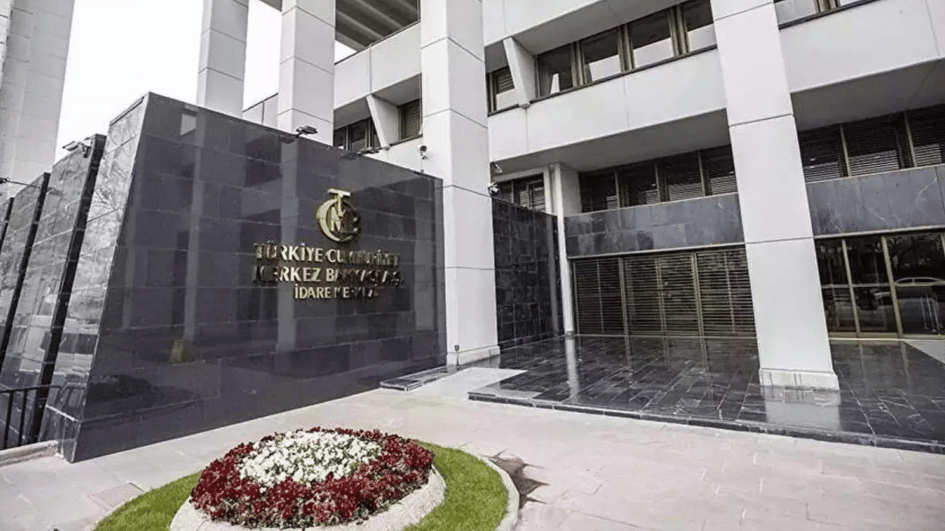‘Peace process under Erdoğan’s control’
Prime Minister Recep Tayyip Erdoğan hosted the ambassadors from the European Union countries for dinner late on Monday, nearly six months after he last met them at a fast breaking meal at his party’s headquarters. Although he was very critical of the EU for its “double standards” approach toward Turkey, his decision to directly express his government’s commitment to full membership of the union was a very positive development.
The content of his long speech and the messages he delivered were not surprising: Open chapters to revive talks, take a positive step on visa exemptions, and no longer tolerate terror organizations or their members in your countries.
For many ambassadors, the meeting was a constructive one and provided a good basis for exchanging views. The head of the EU delegation in Ankara, Jean-Maurice Ripert, and Kenneth Thompson, ambassador of Ireland, which is currently the rotating term president of the EU, each made short statements in which both men expressed their condolences over the terrorist attack at the Cilvegözü border crossing that killed 14 people.
The dinner also provided a chance for the EU ambassadors to ask questions on a number of issues like the İmralı process and the new Constitution. Erdoğan explained to the ambassadors that the process was aimed at ending Turkey’s terror problem through talks conducted by the National Intelligence Organization (MİT). Although he did not give any details about the government’s plan to this end, his words were interpreted to mean that “the peace process is under the full control of Erdoğan.”
As expected, he did not ask for the concrete support of EU countries in this process, but strongly called on them to cooperate in a more efficient way against terror. Citing the recent attack against the U.S. Embassy in Ankara, which was perpetrated by a suicide bomber who lived freely in Germany for years, Erdoğan stressed the possible boomerang effect of terror as well.
The prime minister implied that the success of his government’s effort to solve the Kurdish question was also linked to the sincerity of European countries in cooperating against terrorism.
Erdoğan also assured ambassadors that they would continue to support and work for the new Constitution until the last moment of the parliamentary panel’s mandate. But he also reiterated his earlier statements that he would put his Plan B and Plan C into action in the event of the inter-party body failing to produce a text before the end of March.
According to one of the participants of the dinner, Erdoğan seemed to be committed to taking a self-drafted charter to referendum with a strong belief that a strong majority would vote in favor of it. Thus, he does not rule out a potential alliance with the pro-Kurdish Peace and Democracy Party (BDP), as the combined votes of the two parties amount to nearly 60 percent of the population.
On the eve of key visits from EU leaders to Turkey (Angela Merkel, François Hollande, etc), and vice versa (Erdoğan to Brussels), efforts to revive the long-stalled talks on the basis of a functioning healthy dialogue between Ankara and Brussels seem to be the common target on both sides. Both Ankara and Brussels should note this climate.











